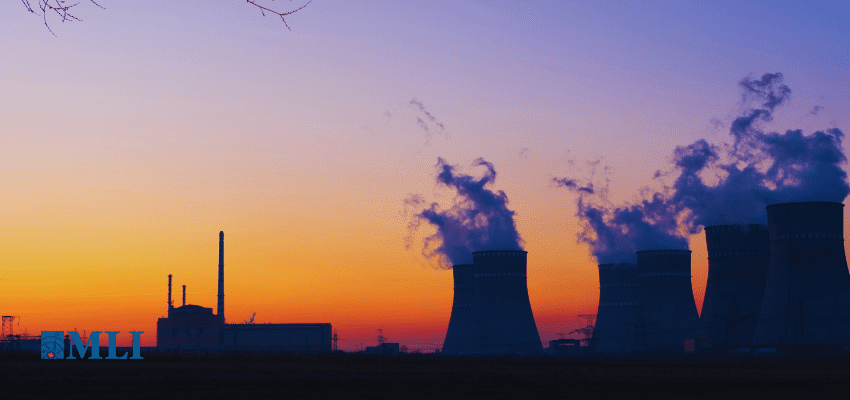This article originally appeared in the Globe and Mail.
By Heather Exner-Pirot, July 16, 2024
Last week, Ignace, Ont., a town 250 kilometres northwest of Thunder Bay, indicated its support to host a deep geological repository for spent nuclear fuel. In a demonstration of deliberative democracy, the town struck a “Willingness Committee” to canvass citizens and conduct a vote through a combination of online, curbside and home visits. This followed years of community meetings, door-knocking and other forms of engagement. The vote passed with 77-per-cent support.
This was a culmination of 15 years of work by the Nuclear Waste Management Organization (NWMO), a private-sector consortium of Canada’s nuclear energy – and waste – producers, to find and earn the consent of a host community for its plan to store spent fuel. No process is perfect; but it would be hard to find one better suited to achieve free, prior and informed consent.
Credit where credit is due. The way that the nuclear sector is stewarding its waste in Canada is its strength, not its weakness. This should be acknowledged and promoted as we think about what our future energy systems should look like.
The process to find a forever home for Canada’s nuclear waste began in 2008, when the NWMO first developed principles for how it would choose a site. In 2010 it started welcoming expressions of interest from communities to learn more about the project. By 2012, 22 communities had requested to explore the process further, including three in Saskatchewan, where Canada’s uranium is mined; and 19 in Ontario, where the vast majority of its nuclear waste is produced.
Screening based on technical and safety suitability, as well as likely support of the host communities, narrowed the candidates down to two potential sites, each with an affected municipality and a First Nation: Ignace and Wabigoon Lake Ojibway Nation near the Ontario-Manitoba border, and Saugeen Ojibway Nation and South Bruce near the Bruce nuclear station.
In the coming months Wabigoon Lake, Saugeen and South Bruce, following in Ignace’s footsteps, will also indicate to NWMO whether or not they are willing hosts. NWMO will then choose a site and enter into the regulatory approval stage. Community consent is not the end of the process, but rather the beginning.
The project has the advantage of time on its side: In their current locations, Canada’s various nuclear waste facilities pose no imminent environmental or human risk. The NWMO literally has decades to get its long-term solution for spent fuel right. Other resource projects, say in mining or oil and gas, don’t have the same time frame and insulation from market prices, and can’t replicate the NWMO approach. That said, it is in many ways a model that provides lessons and deserves praise.
The task the NWMO and its community partners are assuming is in some ways mind-boggling. They are taking care of our spent fuel not only for the next generation, but for the next civilization. The plan for where to store the nuclear waste is not measured in centuries; the chosen location must be suitable for geological epochs. Used nuclear fuel loses about 99 per cent of its radioactivity in the first 10 years after removal from the reactor, but it takes about a million years for it to reach the original level of natural uranium.
The two shortlisted regions – Ignace/Wabigoon Lake and South Bruce/Saugeen – are technically suited for the task. They both have highly stable geology and face minimal seismic or volcanic activity. Their rock is extremely dense and hard for water to penetrate. At the depth at which the repositories would be built, about 650 metres below surface, no aquifers exist. Initial testing of porewaters – the water found in the very small spaces between sediment particles – show they have been isolated for millions of years. There is no possibility of groundwater contamination, or contact with the Great Lakes.
Unlike other energy producers, nuclear operators track and manage every gram of waste they produce. Canada’s used nuclear fuel bundles, if stacked like logs, would fit into nine NHL hockey rinks from the ice surface to the top of the boards. The operators’ safety track record is near perfect, as it must be. Their incredible diligence is owing to the stark reality that any significant accident, anywhere, would be an existential threat to assets worth tens of billions of dollars.
The hard work and strong track record has paid off. The Canadian nuclear sector has achieved what many would have thought impossible – securing community consent to host a depository for nuclear waste. Those that are incredulous must acknowledge that the people of Ignace who voted in its favour are far more knowledgeable about the project than they.
Heather Exner-Pirot is director of energy, natural resources and environment at the Macdonald-Laurier Institute.






